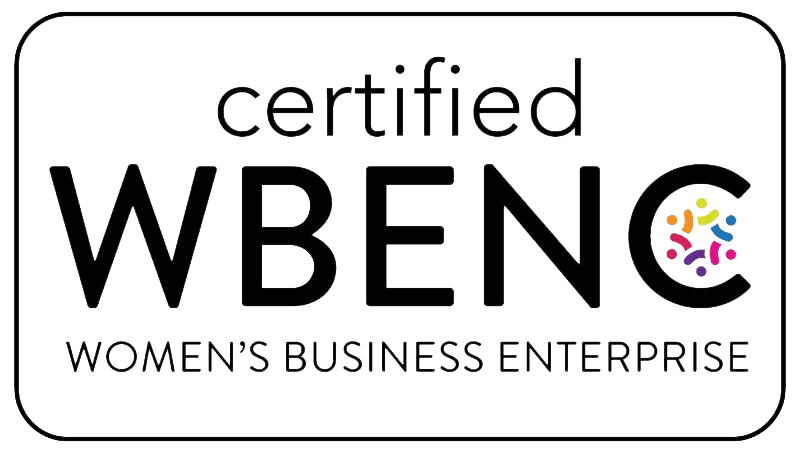Accessibility Audits: Why Regular Reviews Matter
Creating accessible eLearning content isn’t a one-and-done task—it’s an ongoing commitment. Accessibility audits are a crucial part of this process. These reviews ensure your eLearning courses remain compliant with accessibility standards and continue to meet the needs of all learners. At MYCA Learning, we believe regular accessibility audits are essential for creating truly inclusive learning experiences. Here’s why they matter and how you can make them a routine part of your eLearning development strategy.
What Is an Accessibility Audit?
An accessibility audit is a systematic review of your eLearning content to ensure it meets established accessibility guidelines, such as the Web Content Accessibility Guidelines (WCAG) or Section 508 compliance standards. These audits check for barriers that could prevent learners with disabilities from fully engaging with your content.Audits often involve:
Testing compatibility with assistive technologies (e.g., screen readers, keyboard navigation).
Verifying text alternatives for visuals and multimedia.
Ensuring proper color contrast and readable fonts.
Reviewing audio captions and transcripts for accuracy.
Why Are Accessibility Audits Important?
Compliance with Standards and Regulations
Legal requirements for digital accessibility are becoming stricter across industries. Regular audits ensure your content complies with standards like WCAG, Section 508, and similar international regulations. Non-compliance can lead to lawsuits, fines, and damage to your reputation.
Improved User Experience for All Learners
Accessibility benefits everyone—not just those with disabilities. For example, captions help learners in noisy environments, and clear navigation benefits users with limited digital literacy. Regular audits enhance usability for your entire audience.
Staying Current with Evolving Standards
Accessibility guidelines aren’t static. They evolve to incorporate new technology and user needs. Regular reviews ensure your courses align with the latest standards and best practices.
Increased Audience Reach
Making your eLearning accessible broadens your reach by including learners who may otherwise be excluded. Regular audits help ensure you’re meeting the needs of diverse audiences and maximizing the impact of your training.
Preserving Your Brand’s Reputation
Demonstrating a commitment to accessibility reflects positively on your organization’s values. Regular audits show that you prioritize inclusivity and are proactive about delivering equitable learning experiences.
Key Components of an Accessibility Audit
Manual Testing with Assistive Technologies:
Testing your content with screen readers (e.g., JAWS or NVDA), voice recognition software, and keyboard-only navigation ensures it works for users relying on these technologies.
Content Review:
Are captions and transcripts accurate?
Is the language clear and free of jargon?
Are interactions, like drag-and-drop activities, accessible to all users?
Usability Testing:
Observing real users, especially those with disabilities, interacting with your content can reveal barriers automated tools might miss.
Compliance Documentation:
Keep records of your audit findings, fixes, and steps taken to maintain compliance. This documentation can be invaluable during external reviews or legal inquiries.
How Often Should Accessibility Audits Be Conducted?
The frequency of accessibility audits depends on the nature of your eLearning content:
New Content: Perform a thorough audit during the development phase to catch issues early.
Existing Content: Conduct audits annually or after significant updates to ensure compliance and usability.
Major Platform Updates: Re-audit when switching LMS platforms or updating authoring tools, as these changes may affect accessibility.
Challenges in Accessibility Audits
Conducting an audit can be resource-intensive, requiring specialized knowledge and tools. Many organizations lack the expertise to perform comprehensive reviews, leading to missed issues or incomplete fixes.
That’s where MYCA Learning comes in. Our team has extensive experience conducting accessibility audits and providing actionable recommendations to improve your eLearning content.
How MYCA Learning Can Help
At MYCA Learning, we specialize in creating and maintaining accessible eLearning solutions. Our accessibility audit services identify barriers, recommend practical solutions, and ensure your content complies with the latest standards. Whether you’re starting a new project or revisiting existing courses, we’re here to help you build inclusive, impactful learning experiences.
Accessibility audits aren’t just a box to check—they’re an investment in quality, inclusivity, and compliance. By making regular reviews part of your eLearning process, you can ensure your content remains accessible, effective, and impactful for all learners.
Ready to make accessibility a priority? Contact MYCA Learning today to schedule your accessibility audit and discover how we can support your eLearning goals.


